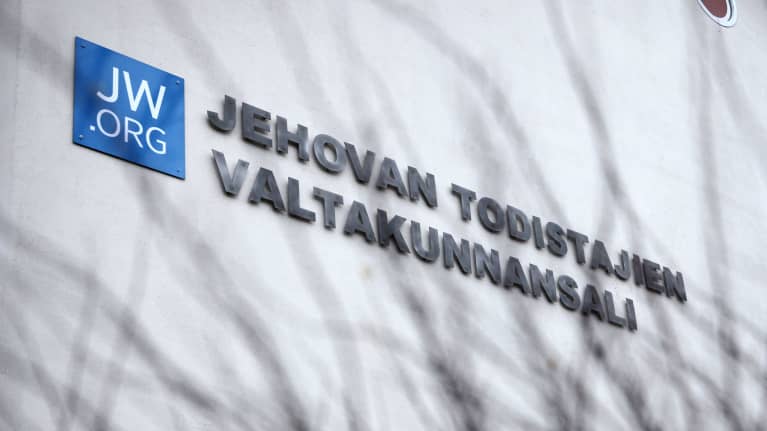On Tuesday the European Court of Human Rights (ECHR) unanimously decided that Finland's Supreme Administrative Court did not violate the Jehovah's Witnesses congregation's right to freedom of religion in a 2018 ruling.
The Finnish court's decision held that the door-to-door practice of Jehovah’s Witnesses collecting citizens' private data was illegal without prior consent.
In its decision at the time, the court said the creation of name lists and the taking of notes containing personal information — such as family relationships or medical conditions — during the group's missionary activities should always get permission in advance.
The ECHR backed up this ruling, saying the Finnish court's decision did not contravene the rights of Jehovah's Witnesses.
"The Court found in particular that the domestic authorities had correctly balanced the interests of the applicant community with the rights of individuals as regards their personal information, holding that obtaining consent had been necessary," the ECHR ruling stated.
Decade-long legal battle
Before reaching its decision in December 2018, the Finnish Supreme Administrative Court had requested a preliminary ruling from the European Court of Justice (ECJ).
The ECJ said that the Jehovah's Witnesses missionaries were effectively compiling a personal data registry, which should — but did not — comply with data protection regulations.
Tuesday's ruling by the ECHR marks the latest landmark decision in a decade-long legal battle between Finland and the Jehovah's Witnesses congregation.
In 2013, a data protection board operating at the time under the Ministry of Justice ruled that the practice of collecting personal data violated Finnish law.
However, in 2014, the Helsinki Administrative Court ruled that the religious group’s personal register was not illegal. This verdict was overturned by the Supreme Administrative Court in its 2018 decision.
The Jehovah's Witnesses have long contended that the notes taken by missionaries during door-to-door calls do not constitute a personal data register and therefore do not violate people's privacy.
Would you like a roundup of the week's top stories in your inbox every Thursday? Then sign up to receive our weekly email.
